I hate the idea that animation’s for kids; just because it’s animated doesn’t mean that it’s some silly cartoon and shouldn’t be taken seriously. There’s plenty of animated movies that are aimed for adults, but for this list, I’m just going to pick out five that have stood out for me.
Watership Down (1978)
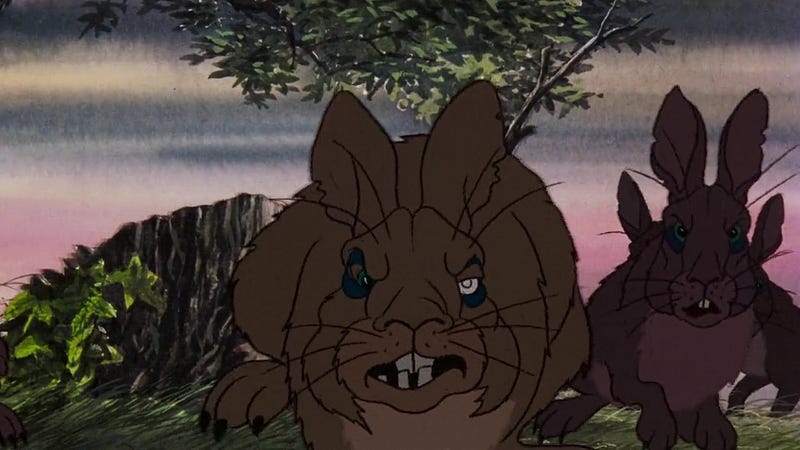
Based on the 1972 novel by Richard Adams, and directed by Martin Rosen and John Hubley, Watership Down is about a group of rabbits who flee their home before it’s destroyed by humans. The rabbits find a new place to live and do whatever it takes to protect it from danger.
We follow brothers, Fiver (Richard Briers) and Hazel (John Hurt) as they go on their journey alongside fellow rabbits. At first, it all seems like a sweet, innocent story since we see rabbits and other cutesy creatures, but that turns out to not be the case. There are other groups of rabbits out there, and they are vicious; one of them practically runs a cult.
So, funny story, when I was around five or six years old, my babysitter put on this movie for my sister and I, believing that it was indeed a sweet and innocent story about rabbits. Yeah, you can imagine how terrified little-me was when watching rabbits brutally torture and kill one another. Not to mention, we’re treated to a lovely scene of rabbits getting gassed in their burrows. So yes, this movie has stuck with me and I haven’t been the same since.
Years later, I decided to watch it again and I grew to appreciate it. There’s an interesting story within the dark subjects of death and violence. The main characters are likable, especially Fiver who can see into the future, namely the destruction of his home.
What’s funny is that with all the violence in the film, it’s only rated PG.

Perfect Blue (1997)
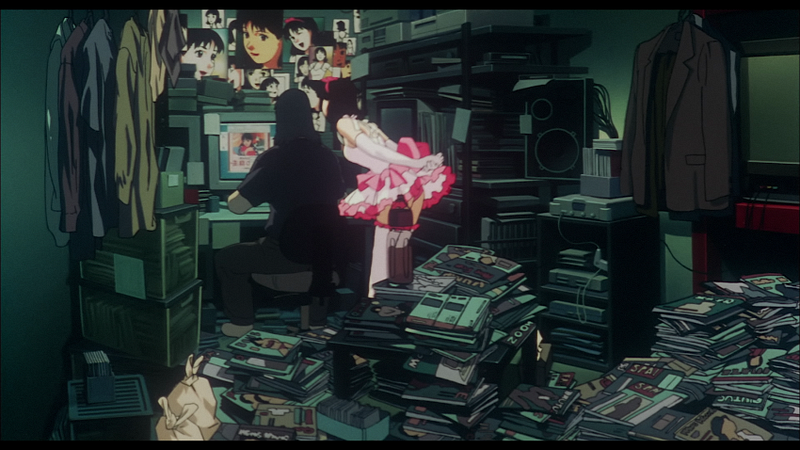
Directed by Satoshi Kon, and based on the book by Yoshikazu Takeuchi, Perfect Blue is a psychological horror film about the dark side of celebrity life. Mima (Junko Iwao/Ruby Marlowe) has been a pop singer for years, but wants to move into acting. While she attempts to change industries, an obsessive fan begins stalking her, with a string of murders occurring around her.
If you’re familiar with Black Swan then you might get some idea of Perfect Blue. Some say that the director of Black Swan, Darren Aronofsky, ripped off Perfect Blue, yet he denies it. I haven’t seen Black Swan so I can’t say for certain if that’s a fact.
Perfect Blue is an uncomfortable film to watch; not to say that’s a bad thing, it does its job to evoke this feeling; that’s the point of horror, if you don’t get a sense of dread than the film’s not doing its job right.
Perfect Blue is unpredictable, which is a good thing in horror. Nowadays in horror movies, you can pinpoint what’s going to happen next, but not in this film. We follow Mima whose reality blurs with her character from the TV show she’s in. With that, certain events become ambiguous as we try to figure out what’s going on. We become confused like Mima, as well as gain a sense of helplessness. It’s great storytelling, and Mima is a sympathetic character that we want to root for.

Loving Vincent (2017)
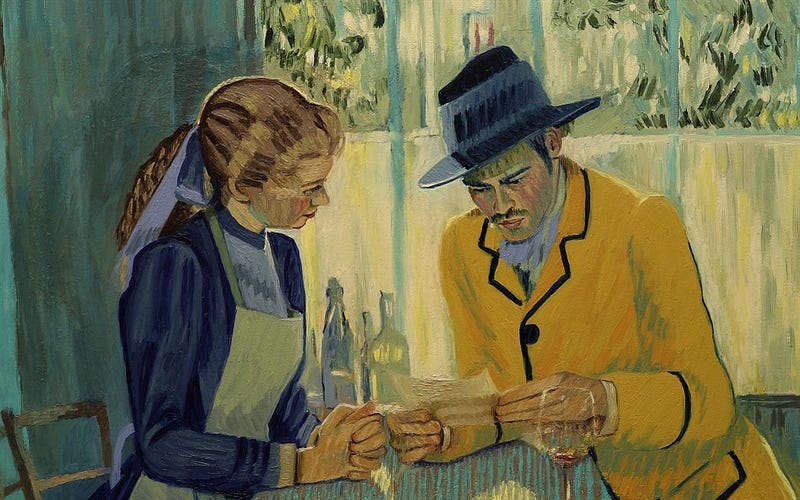
The first full-length film animated entirely in paint: Loving Vincent is a biographical drama about the strange circumstances of Vincent van Gogh’s suicide. Directed by Dorota Kobiela and animated by over a hundred artists, Van Gogh’s paintings are brought to life through stunning animation.
Loving Vincent takes place one year after Van Gogh’s death. We follow Armand Roulin (Douglas Booth), the son of a postman who is tasked to deliver a letter to Van Gogh’s brother. But after finding out that Theo van Gogh had died as well, Armand travels to Auvers-Sur-Oise in search of Vincent van Gogh’s doctor.
There are 65,000 individual frames in this film, all done in the likeness of van Gogh’s style; just that fact alone is amazing, and watching this film is a treat to the eyes. You feel like you’ve been transported into the artist’s world as you take in all the details of each frame.
The film is unlike anything else seen before and I think it’s something that everyone should watch. Even if the story doesn’t entice you, the animation would.

Persepolis (2007)
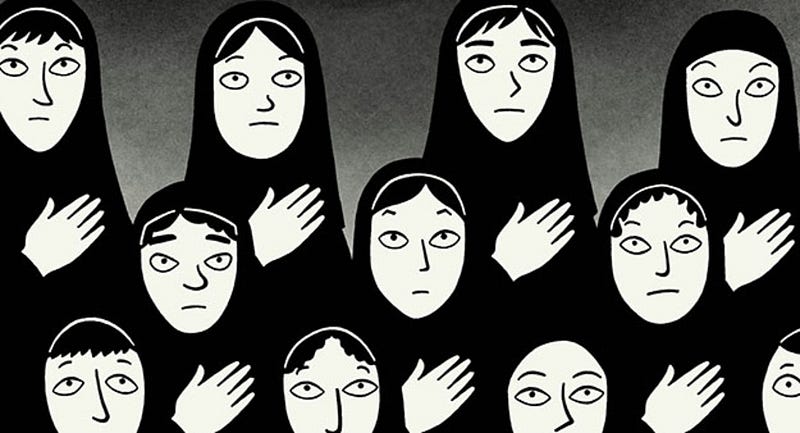
Directed by Marjane Satrapi — who also wrote the graphic novel — Persepolis is about the film’s director growing up against the backdrop of the Iranian Revolution. We go through Satrapi’s life, from her childhood up until young adulthood. There, we learn how she coped with the war and how it changed her life.
The movie is animated in black and white, except for parts where we’re pulled into the future and the colors are more vibrant; it’s an interesting choice, giving the idea that we’re going through the graphic novel that the movie is based on.
Satrapi is rather interesting, herself; she’s a rebellious woman, even when she was a child, and was headstrong, wanting things her way. Sometimes, certain things didn’t work out as planned, so she struggled, yet managed to get out of her strife.
Persepolis was an international co-production created by both Iranian and French companies, which is fitting since Satrapi is Iranian and French herself. Satrapi’s different heritage is touched upon, particularly when she refuses to identify herself from Iran when she moves to Vienna. She doesn’t want to be associated as Iranian considering what happened at home, but later on she learns to accept her heritage.

The End of Evangelion (1997)
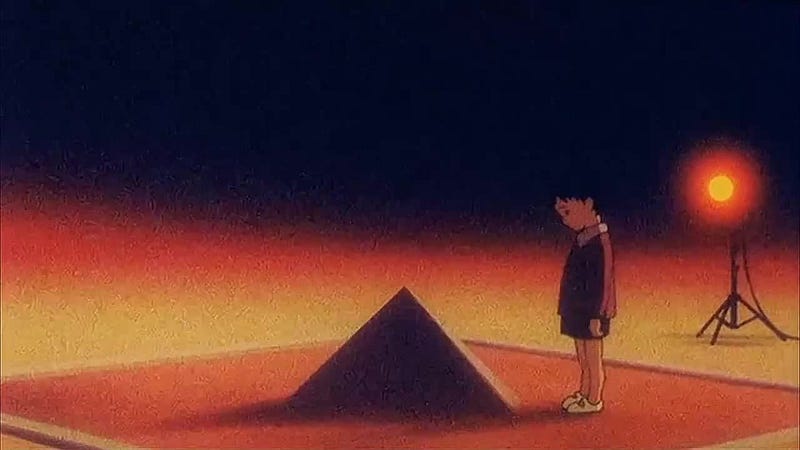
Probably the most debated film on the list, The End of Evangelion was directed by Hideaki Anno, who also created the twenty-six episode anime series: Neon Genesis Evangelion that precedes it. The movie serves as a culmination to the series, so it’s fairly difficult to describe it without getting into spoilers.
Essentially, the series is about a small group of teenagers recruited by a shady organization to defeat deities called Angels. Our leading characters pilot giant mechs called Evangelions, or Eva’s for short, and yes this sounds silly, I know.
The series preceding this film ended on a controversial note as the end was left ambiguous, and questions were left unanswered. In response, Anno created the movie as an alternative conclusion. But considering that the movie’s ending is also ambiguous and questions were also left unanswered, it doesn’t help much.
Regardless, End of Evangelion is quite a film, it’s pretty much one huge climax, and also one huge chunk of insanity. If you’re getting into the movie without watching the series, you’ll be extremely confused, but it’ll be the same if you have…just a little less. With that said, it’s still fascinating to watch, in a strange, twisted way. The violence is intense, the animation goes from stunning to crazy (mainly the latter), but what’s the most interesting is its narrative themes.
Despite it being an extremely violent Pacific Rim, it gets into heavy subjects such as depression and identifying one’s purpose in life. So, while the story is fairly messy, I think those themes are handled well.

Originally published by Lauren Massuda on April 18, 2020
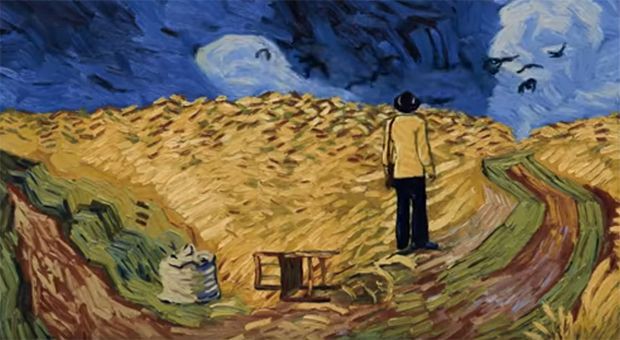
Comments